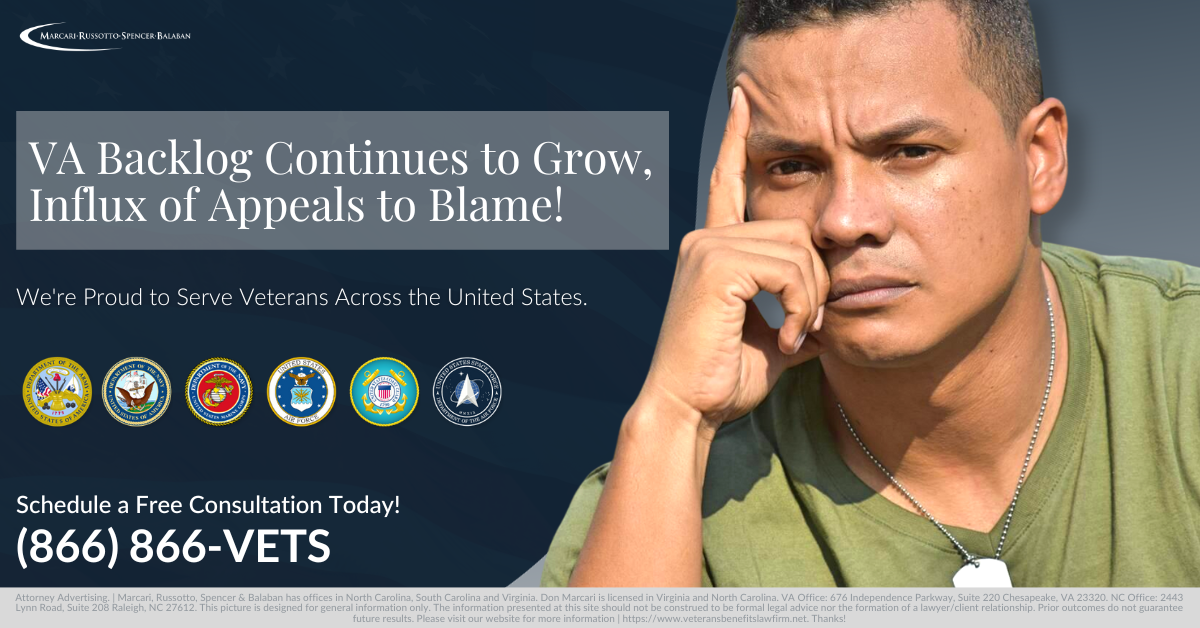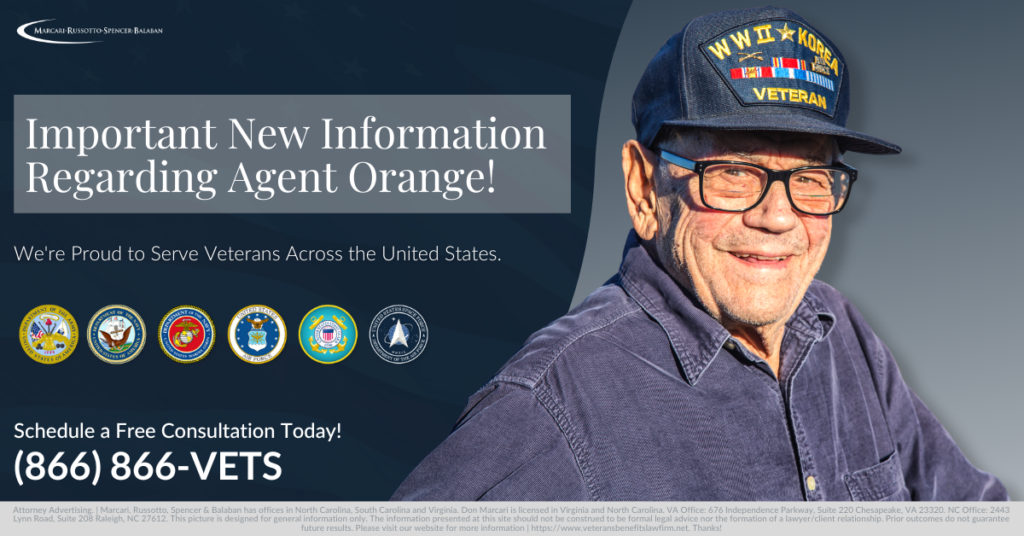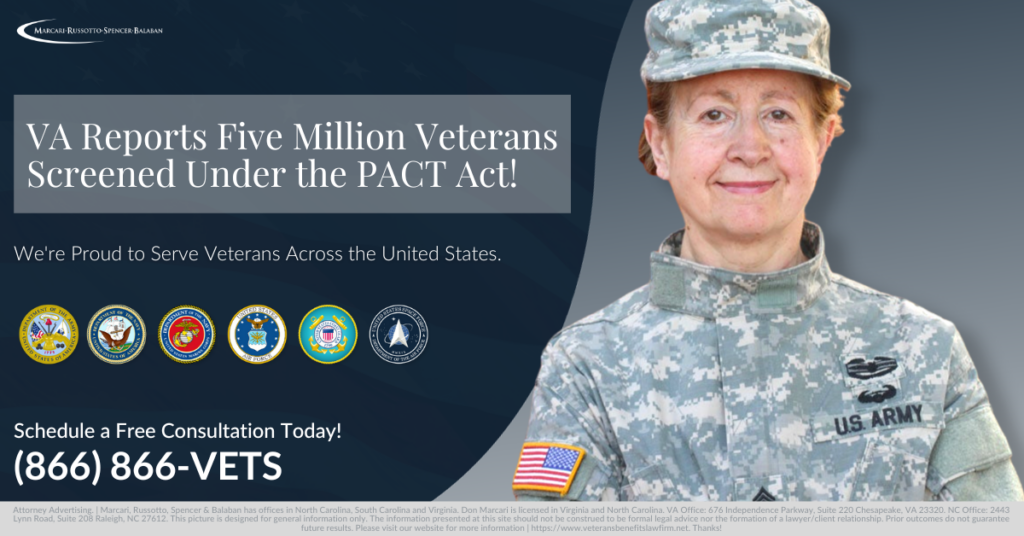The substantial caseload burden faced by the Board of Veterans’ Appeals is primarily attributed to recurring cases sent back to the board for reevaluation after a higher court deems the initial findings inadequate or incomplete.
Elizabeth Curda, the Director of Education, Workforce, and Income Security at the Government Accountability Office, disclosed this information during a session with a House Veterans’ Affairs Committee subpanel focusing on the efficiency and timeliness of the decision-making process at the Board of Veterans’ Appeals.
Curda emphasized that the board often contends with the same appeal multiple times, contributing significantly to their workload.
The subpanel, which concentrates on disability assistance and memorial affairs, sought insights from Curda, Department of Veterans Affairs officials, and Veterans advocates regarding the backlog of claims, where repeat cases play a substantial role.
Elaborating on the challenges, Curda stressed that the board is under considerable pressure due to extensive workloads and time constraints.
She emphasized the need for a robust quality-assurance process to address these challenges effectively.
The discussion included findings from a recent GAO audit, revealing that over 80% of Veteran cases before the U.S. Court of Appeals for Veterans Claims between fiscal years 2019-2022 were either partially or fully remanded for further development and review.
In such instances, a remanded case is sent back to the Board of Veterans’ Appeals for a fresh decision.
Veterans, upon the denial of their claim for benefits or services by the VA, have the option to appeal to the appeals board.
A board decision can then be contested by taking it to the U.S. Court of Appeals for Veterans Claims.
Despite hearing 11,000 fewer cases in fiscal year 2023 compared to the previous year, the Board of Veterans’ Appeals is grappling with a caseload of 72,000 hearings.
Curda warned lawmakers that the pressure to expedite decision-making could impact the quality of decisions.
Additionally, incomplete cases requiring further evidence from the regional VA office contribute to the backlog.
Chairman of the House subpanel, Rep. Morgan Luttrell, highlighted that approximately 6,000 cases were sent back in fiscal year 2022 because a VA employee failed to collect all necessary evidence, causing further delays for veterans who had already waited for years.
However, Kenneth Arnold, acting chairman of the Board of Veterans’ Appeals, countered by stating that over 90% of the board’s decisions are not appealed annually.
He acknowledged that mistakes can occur but emphasized that they are not the kind that would typically deny Veterans additional benefits.
Arnold clarified that many cases returned to the appeals board don’t go before a judge but are part of a process resembling legal negotiations resulting in settlements.
He explained that these cases still require a board decision to be re-adjudicated with a more detailed explanation for the denial of certain benefits.
Looking ahead, Arnold announced that the VA plans to convene a summit in 2024 involving all stakeholders to review the Veterans’ benefits system and explore ways to enhance the process.
The Veterans Appeals and Modernization Act, enacted in 2017, has expanded veterans’ options to have their claims heard before the Board of Veterans’ Appeals.
They can choose a hearing to present new evidence or opt for a board review without a hearing to seek a second opinion or submit additional evidence.
The GAO report highlighted that almost all appealed cases before the U.S. Court of Appeals for Veterans Claims undergo mediation.
This mediation can lead to an agreement between the Veteran and the VA Office of General Counsel, or the case may be returned to the board for re-adjudication.

News: Electronic Health Record System Unveiled!
Listen to a Full Summary of This Blog Post Below! The Pentagon and the Department of Veterans Affairs (VA) have jointly initiated an electronic health








